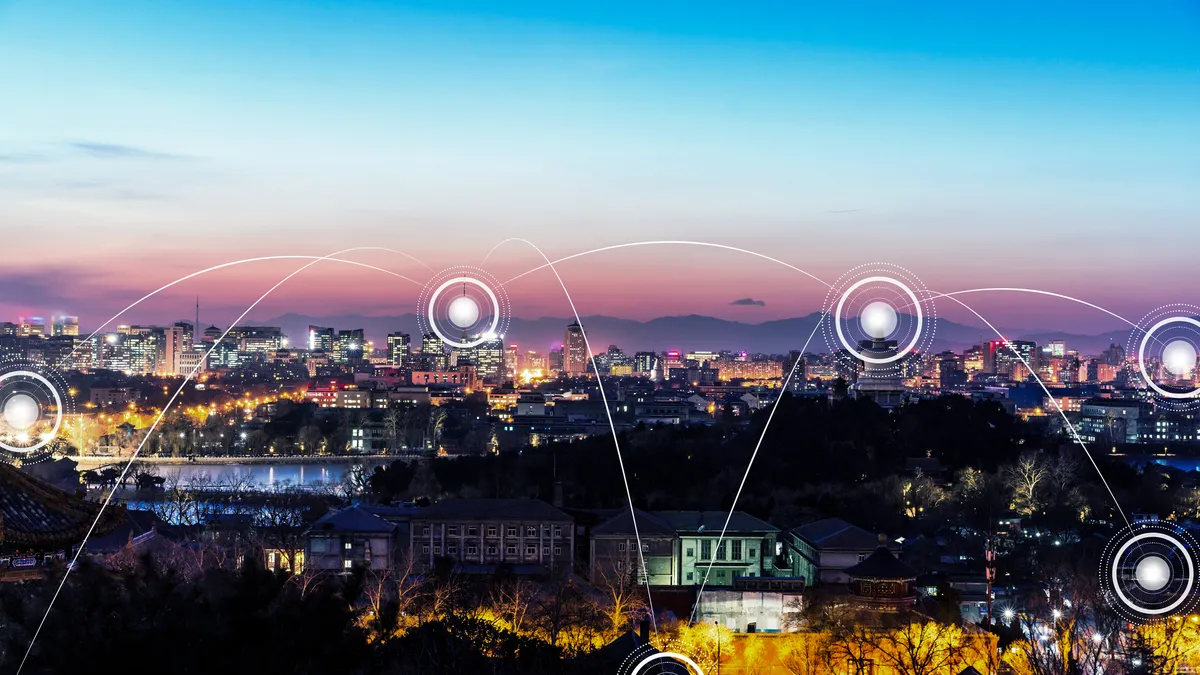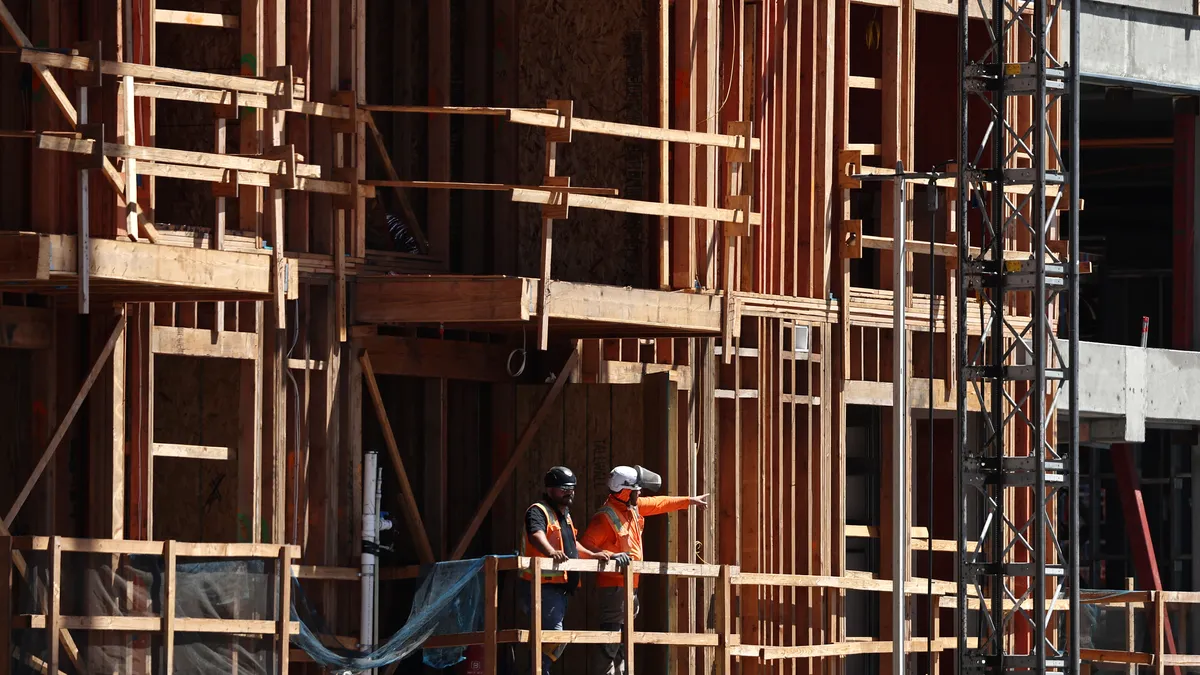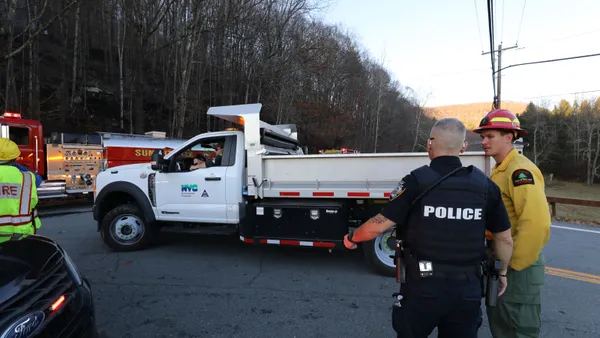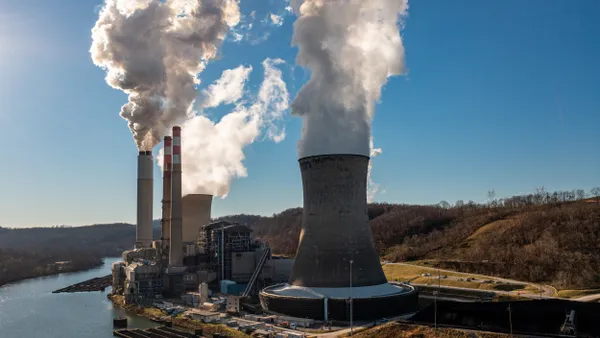Dive Brief:
- Tokyo was ranked the world's safest city in the Safe Cities Index 2019 from The Economist Intelligence Unit. The index ranked 60 global cities on 57 indicators that cover security under four main pillars: digital, health, infrastructure and personal.
- The "overall" top 10 list is: Tokyo; Singapore; Osaka, Japan; Amsterdam; Sydney; Toronto; Washington, DC; Copenhagen, Denmark; Seoul, South Korea and Melbourne, Australia. On the individual pillar rankings, U.S. cities scored high for digital security; Chicago took third place, DC took fourth and Los Angeles and San Francisco tied for fifth. U.S. cities did not rank in the top five for health, infrastructure or personal.
- This year's version of the annual index underwent a design revision to better measure cities' resilience, which the researchers say has increasingly influenced the way policymakers think about urban safety.
Dive Insight:
Although the index indicates that Asian-Pacific cities constitute six of the top 10 overall safest, researchers say geographic region does not have a statistical link with results.
Only six U.S. cities — Dallas, New York, Chicago, Los Angeles, San Francisco and Washington, DC — were among the 60 global cities that were analyzed. Collectively, they scored highest on digital security with an average score of 91.7, then infrastructure (90.7), personal security (82.9) and (health 77.2).
Researchers point out that across the board, cities at the top of the lists received closer scores, while those at the bottom had wider gaps. Thus, cities near the top of the ranks more closely resemble each other on the index metrics than those lagging behind. Scores varied most widely in the infrastructure category, indicating the greatest opportunities for improvement.
Differences are most pronounced not necessarily among cities of different sizes, but rather those of different wealth. The index scores correlate strongly with average income in the city. This illustrates the need to invest, sometimes substantially, in the elements that make up security.
The researchers noted they were surprised to find a correlation between cities with less wealth and a lack of policy ambition. While the initial reaction might be to assume less wealthy cities are not financially able to enforce widespread policy ambitions, the report indicates there are relatively low-cost solutions that not all cities are using. To improve ranks, cities are encouraged to assess the basics and then consider their own unique situations.
The U.S. cities ranked above average in all of the individual pillar categories. Collectively, they scored highest above the average on digital security. This bodes well for them considering the increasing cybersecurity threats cities face. A report released this spring warned that ransomware attacks on cities is on the rise. That is evident in the dozens of municipal departments that have been hit with ransomware attacks in the past year; 23 entities in Texas were hit in August alone by a single threat actor.
Safety closely ties into resilience, though there is some disagreement on precisely what resilience means. While the general concept refers to cities' ability to get through and bounce back from shocks, not all leaders agree on what these shocks are. Some cities view them as unknown, sudden shocks such as a natural disaster, while others view them as long-term stresses such as climate change and a growing number of others consider both types.
The report says the need for urban safety cognizance is growing as global populations increasingly move to cities.











